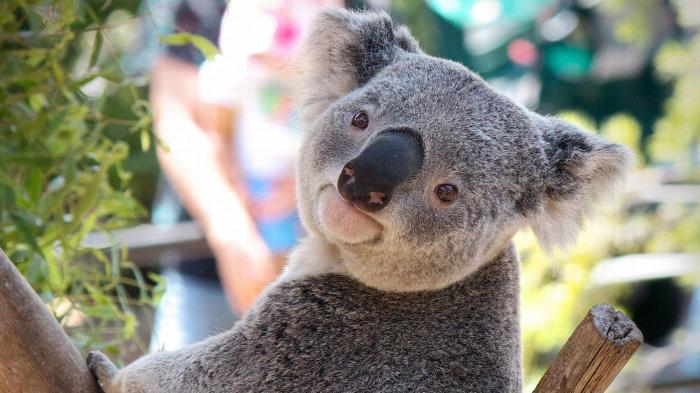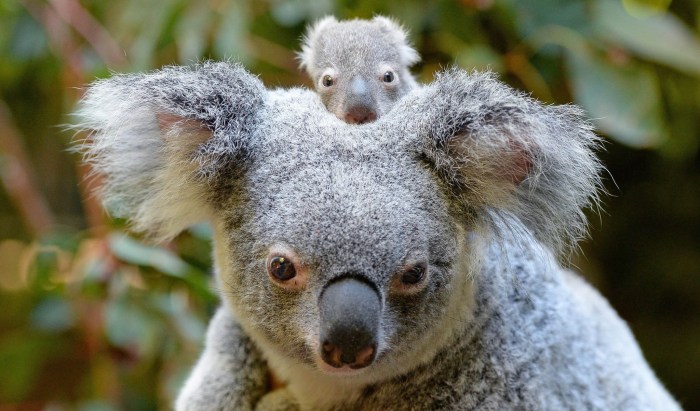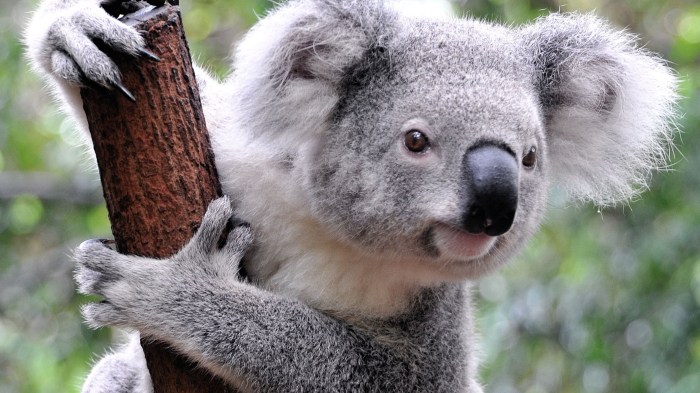The marsupial that sleeps 18-22 hours a day is a captivating creature that defies conventional wisdom about sleep patterns. Its remarkable ability to slumber for extended periods has intrigued scientists and captivated the imagination of nature enthusiasts alike. This article delves into the unique world of these extraordinary marsupials, exploring their physiological adaptations, behavioral strategies, and the ecological implications of their extended sleep.
Marsupials are a diverse group of mammals characterized by their unique reproductive system, in which the young are born in an underdeveloped state and continue their development in a pouch on the mother’s body. Among this fascinating group, there are several species that have evolved the extraordinary ability to sleep for remarkably long periods, up to 18-22 hours per day.
Marsupials: An Overview
Marsupials are a unique group of mammals that are characterized by the presence of a pouch, or marsupium, in which they carry their young. This pouch is a specialized skin fold that protects and nourishes the developing offspring. Marsupials are found primarily in Australia and the Americas, and they exhibit a wide range of diversity in terms of size, appearance, and habitat.
Unique Characteristics of Marsupials
- Presence of a pouch (marsupium) for carrying developing young
- Short gestation period (typically 12-40 days)
- Underdeveloped young at birth (known as joeys)
- Incomplete placental development
- Low metabolic rate compared to eutherian mammals
Examples of Marsupial Species
- Kangaroos and wallabies
- Koalas
- Opossums
- Tasmanian devils
- Wombats
Sleeping Habits of Marsupials: Marsupial That Sleeps 18-22 Hours A Day

Sleep is an essential aspect of the biology of marsupials. Marsupials exhibit a wide range of sleep patterns, from short periods of sleep to extended periods of torpor. Sleep patterns in marsupials are influenced by factors such as environmental temperature, food availability, and the presence of predators.
Significance of Sleep for Marsupials
- Conserves energy
- Regulates body temperature
- Promotes growth and development
- Strengthens the immune system
- Enhances cognitive function
Factors Influencing Sleep Patterns, Marsupial that sleeps 18-22 hours a day
- Environmental temperature
- Food availability
- Predator-prey relationships
- Social interactions
- Species-specific adaptations
The 18-22 Hour Sleepers

Certain species of marsupials are known to sleep for exceptionally long periods, ranging from 18 to 22 hours per day. These species include:
- Common brushtail possum
- Honey possum
- Sugar glider
- Greater glider
Unique Adaptations for Extended Sleep
- Low metabolic rate
- Ability to enter torpor (a state of reduced body temperature and metabolic activity)
- Insulated fur
- Nocturnal or crepuscular activity patterns
Evolutionary Advantages of Extended Sleep
- Energy conservation
- Reduced predation risk
- Enhanced survival in harsh environments
- Specialized feeding habits (e.g., nocturnal nectar feeding)
Physiological and Behavioral Adaptations

Extended sleep in marsupials is supported by a range of physiological and behavioral adaptations.
Physiological Adaptations
- Low metabolic rate
- Reduced body temperature during torpor
- Increased insulation
- Efficient energy storage (e.g., in fat reserves)
Behavioral Adaptations
- Nesting in sheltered areas
- Social interactions (e.g., huddling for warmth)
- Nocturnal or crepuscular activity patterns
- Energy-conserving behaviors (e.g., slow movement, reduced activity)
Ecological Implications

The extended sleep patterns of marsupials have significant ecological implications.
Impact on Predator-Prey Relationships
- Reduced predation risk due to decreased activity during daylight hours
- Ability to exploit nocturnal niches with reduced competition
Impact on Distribution and Habitat Selection
- Influence on habitat selection (e.g., preference for areas with abundant shelter)
- Impact on distribution patterns (e.g., restricted to areas with suitable sleeping sites)
Question Bank
What factors influence the sleep patterns of marsupials?
Sleep patterns in marsupials are influenced by various factors, including environmental conditions, predator-prey relationships, and energy availability.
How do marsupials conserve energy during extended sleep?
Marsupials have evolved physiological adaptations that allow them to conserve energy during extended sleep, such as a reduced metabolic rate and body temperature.
What are the behavioral adaptations that complement the sleeping habits of marsupials?
Behavioral adaptations that complement the sleeping habits of marsupials include nesting, social interactions, and vigilance behaviors to detect potential threats.